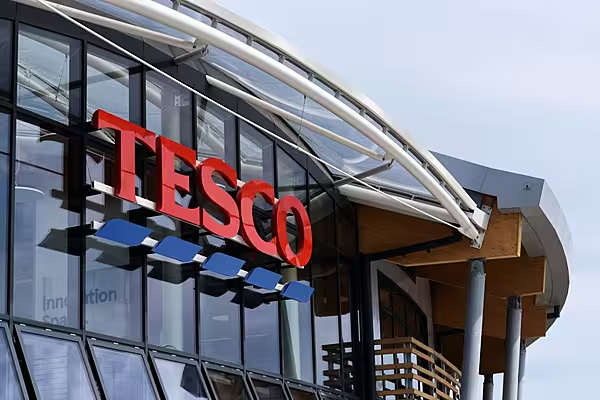A new study has found that grocery brands have made the most strides in improving their personalisation capabilities in the past two years, compared to other sectors.
The UK-based study, which was undertaken by marketing firm Epsilon, found that 20% of respondents have noticed an overall improvement in grocery brand efforts to personalise messages and interactions over the last two years.
British supermarket chains Morrisons, Sainsbury’s and Waitrose were singled out as those that made the most significant improvements.
Grocery brands are thus placed considerably higher than the second-best segment for personalisation – Technology – wherein 14% of respondents reported improvements.
Completing the top five are Fashion and Apparel (13%), Travel (12%) and Food and Beverage (11%).
Positive Consumer Perception
“These improvements illustrate the contribution of [a] first-party data-led strategy to a more positive consumer perception of advertising,” commented Elliott Clayton, managing director UK, Epsilon. “Grocery has long been the poster child of retail media, with the frequency of purchases and vast customer bases foundational to a channel focused on smarter use of transactional data.”
Clayton added that supermarket chains are increasingly focused on ensuring that every shopper feels “recognised and valued” in his/her/their daily shop.
“Morrisons’ My Points Boosters scheme is a perfect example, offering customers the chance to select their favourite brands from a personalised list,” he noted. “Similarly, Waitrose impresses with personalised vouchers that reflect individual shopping habits. These tailored approaches show a strong commitment to customer satisfaction.”
Improved Incrementality
According to Epsilon, one of the key challenges in retail media is proving the incrementality of campaigns, ensuring that ads drive new revenue, instead of merely reaching people who were already intending to buy the product. While data indicates that most ads are targeting the right shoppers, 17% of respondents reported seeing ads for products that they were already planning to purchase.
This issue is part of a broader challenge with personalisation in advertising. Irrelevant ads remain a notable concern, with 56% of consumers stating that they still scroll past ads that do not appeal to them.
Another common issue identified by consumers is ad frequency, with 47% reporting that they see the same ad too many times. Additionally, the timing of ads is problematic, with 34% of consumers noting that ads often appear at inconvenient moments, disrupting their experience.
The survey of more than 2,100 adults was taken in July 2024.













